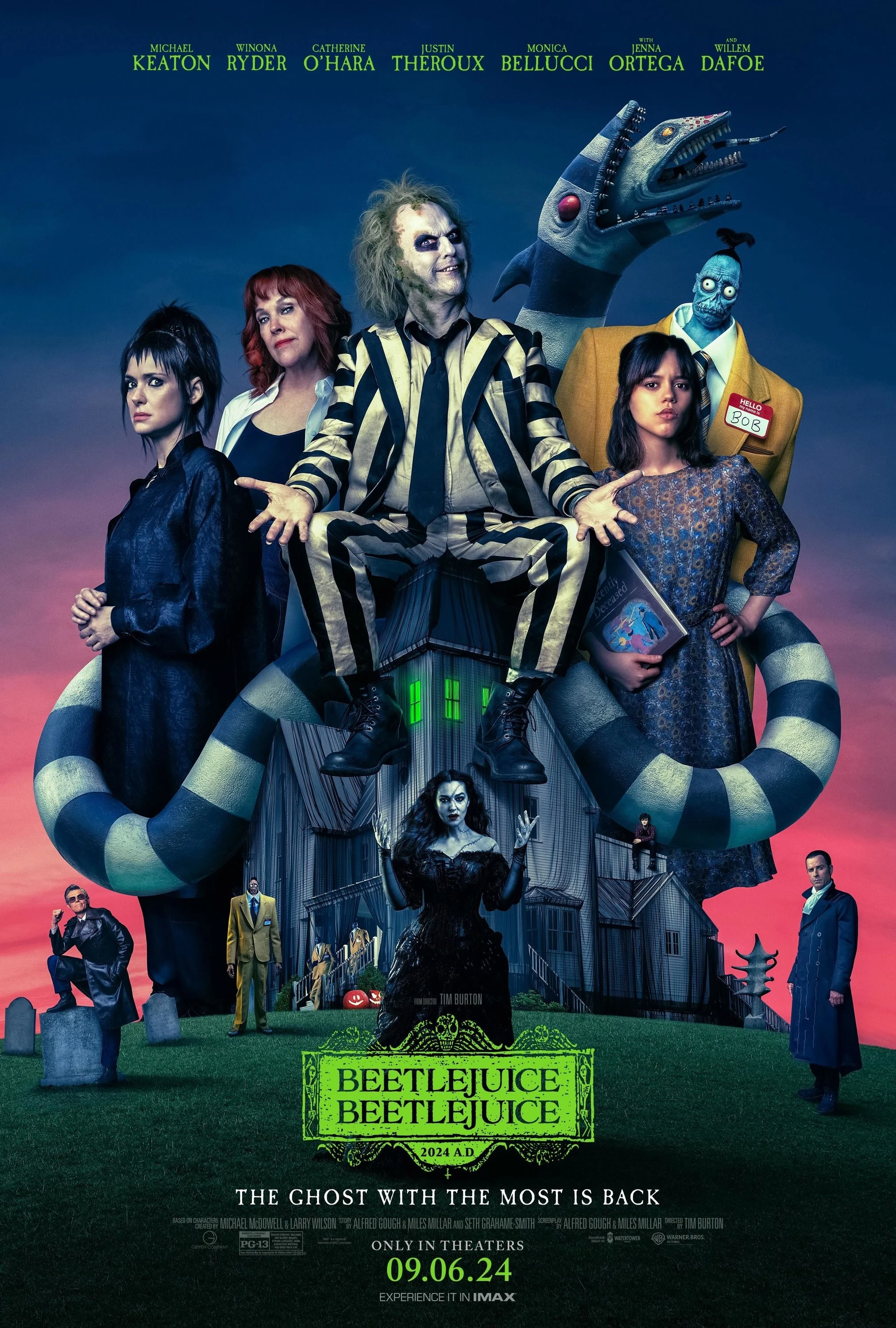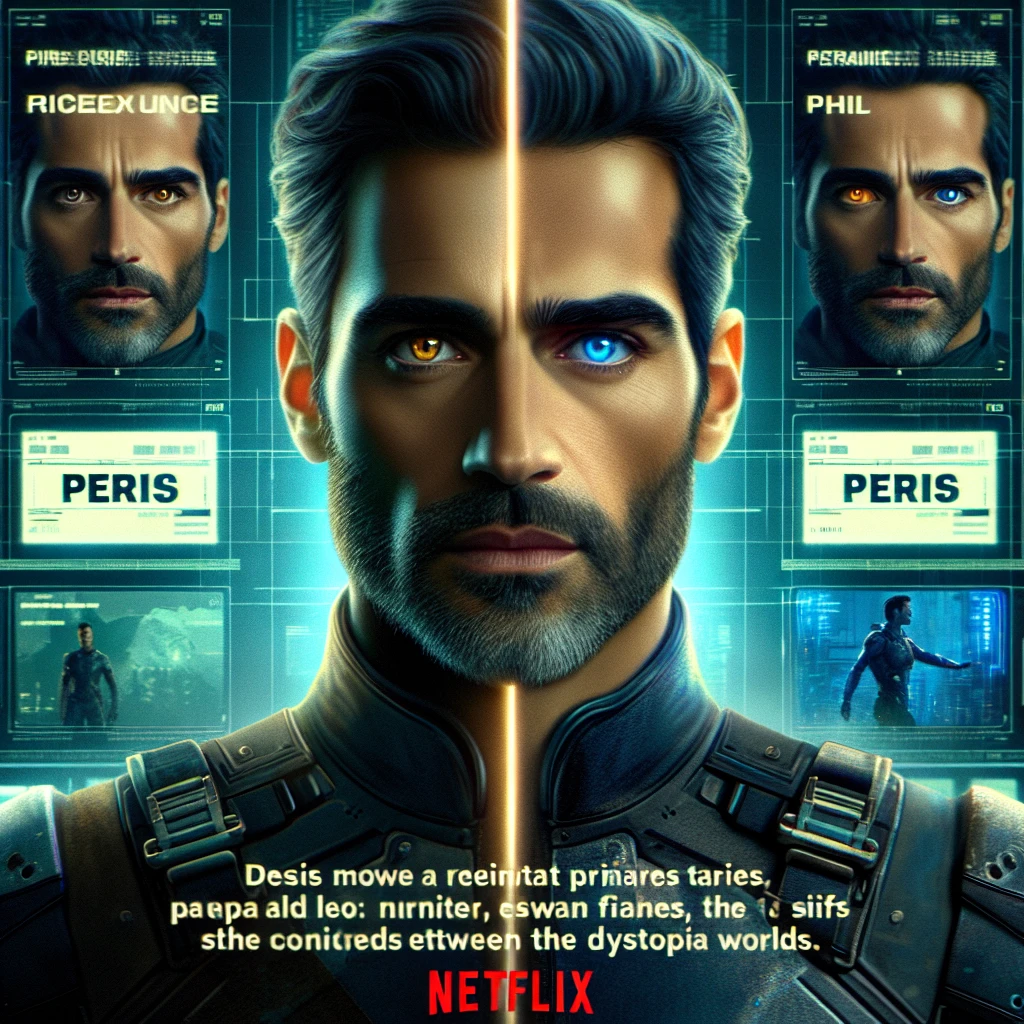Director Jeremy Saulnier of “Rebel Ridge” discusses whether the film draws from real-life events. Saulnier’s latest Netflix venture features Aaron Pierre as Terry Richmond, a former Marine who gets stopped by the police and unjustly has his money confiscated. This incident sparks a confrontation between the Marine and the police department, led by Chief Sandy Burnne, portrayed by Don Johnson, who is secretly at the helm of a corrupt scheme.
In an interview with Netflix’s TUDUM following the movie’s premiere, Saulnier clarified the film’s connection to reality. He explained that while the movie isn’t based on a specific true story, it reflects scenarios that could happen, especially considering how corruption persists within societal systems. Here’s what Saulnier shared on the subject:
“This film doesn’t take inspiration from any particular real-life event, but certain elements are certainly plausible. My focus is on exploring how corrupt systems endure, not necessarily how they originate. For this film, I aimed to depict how ordinary people respond to these [corrupt] systems, from dishonest politicians to the frustrating loop of a customer service call gone awry.”
How “Rebel Ridge” Highlights Corruption
#### Terry Richmond Takes Matters Into His Own Hands
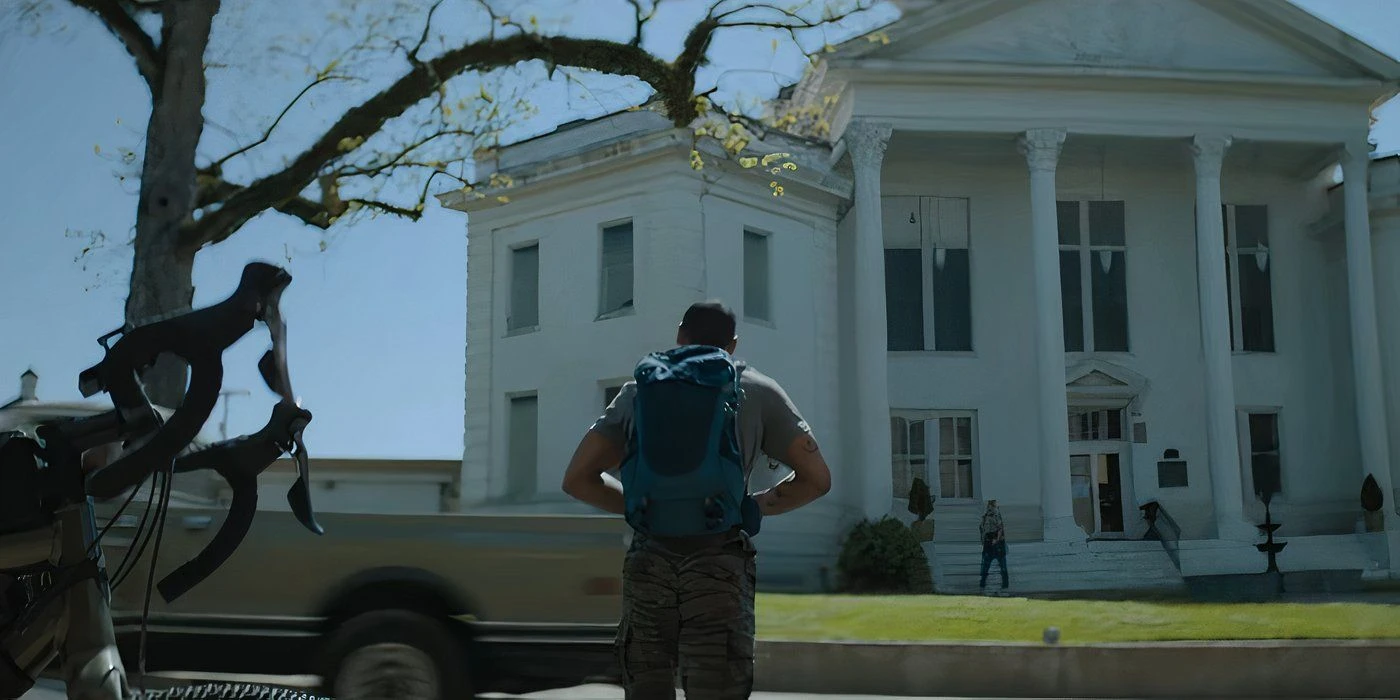

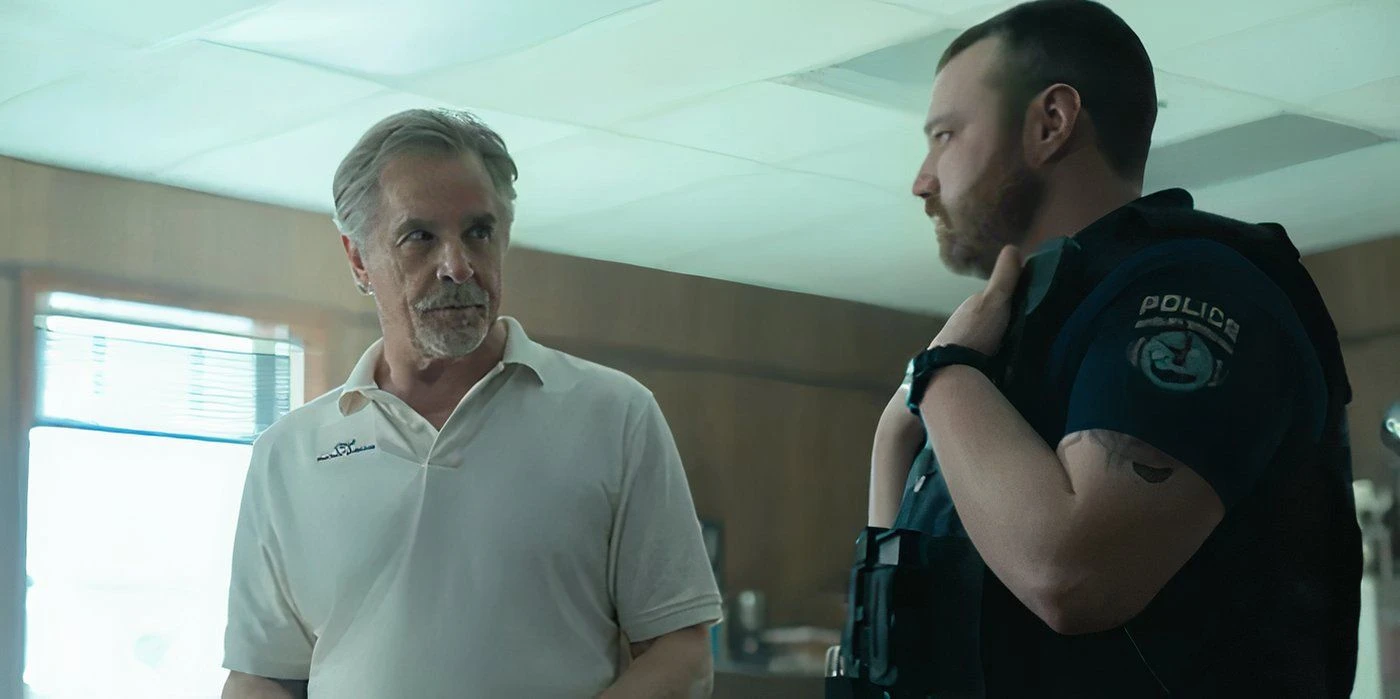


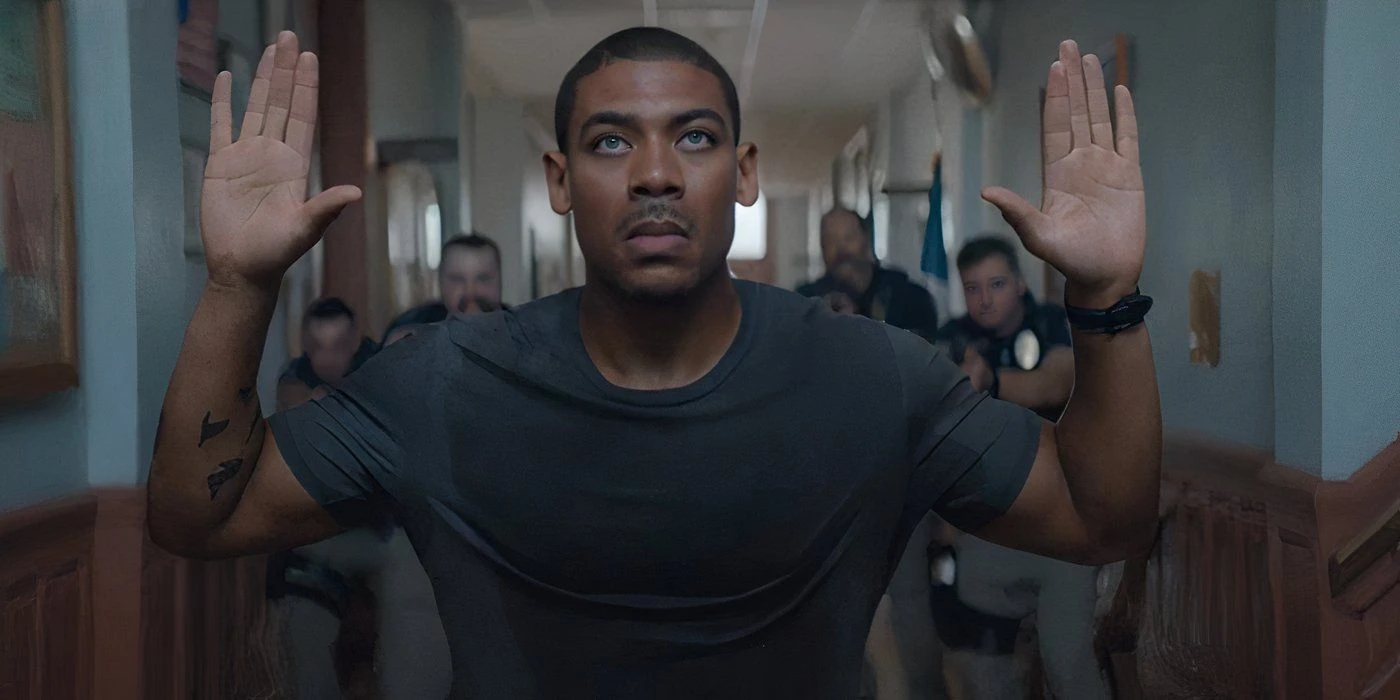
At the heart of “Rebel Ridge” is an exploration of entrenched corruption within powerful systems and their ability to skirt the law. Terry’s money is confiscated through civil asset forfeiture—a legal process that permits law enforcement to seize assets. While Terry can contest this in court, the drawn-out procedure often means he might never recover his funds.

6 Reasons Rebel Ridge's Reviews Are So Great
Realizing something is amiss, Terry decides to act independently. This decision follows Burnne’s deceitful promise that Terry would see his cousin before a prison transfer. Tensions escalate dramatically when his cousin is killed, despite Terry’s repeated warnings to the officers.
Initially, John Boyega was cast as Terry Richmond in “Rebel Ridge” but exited the project a month into filming, with Aaron Pierre stepping in as his replacement.
When Summer McBride (played by AnnaSophia Robb), a legal clerk, is wrongfully accused of drug use by the police, Terry finds himself unable to leave Shelby Springs. Driven by a determination to dismantle Burnne’s corrupt enterprise, he seeks justice without resorting to violence, believing in the eventual triumph of justice despite the corruption within Sandy’s department. “Rebel Ridge” captures Terry’s emotional journey and his efforts to ensure Sandy’s deceitful practices are put to an end.
Source: TUDUM
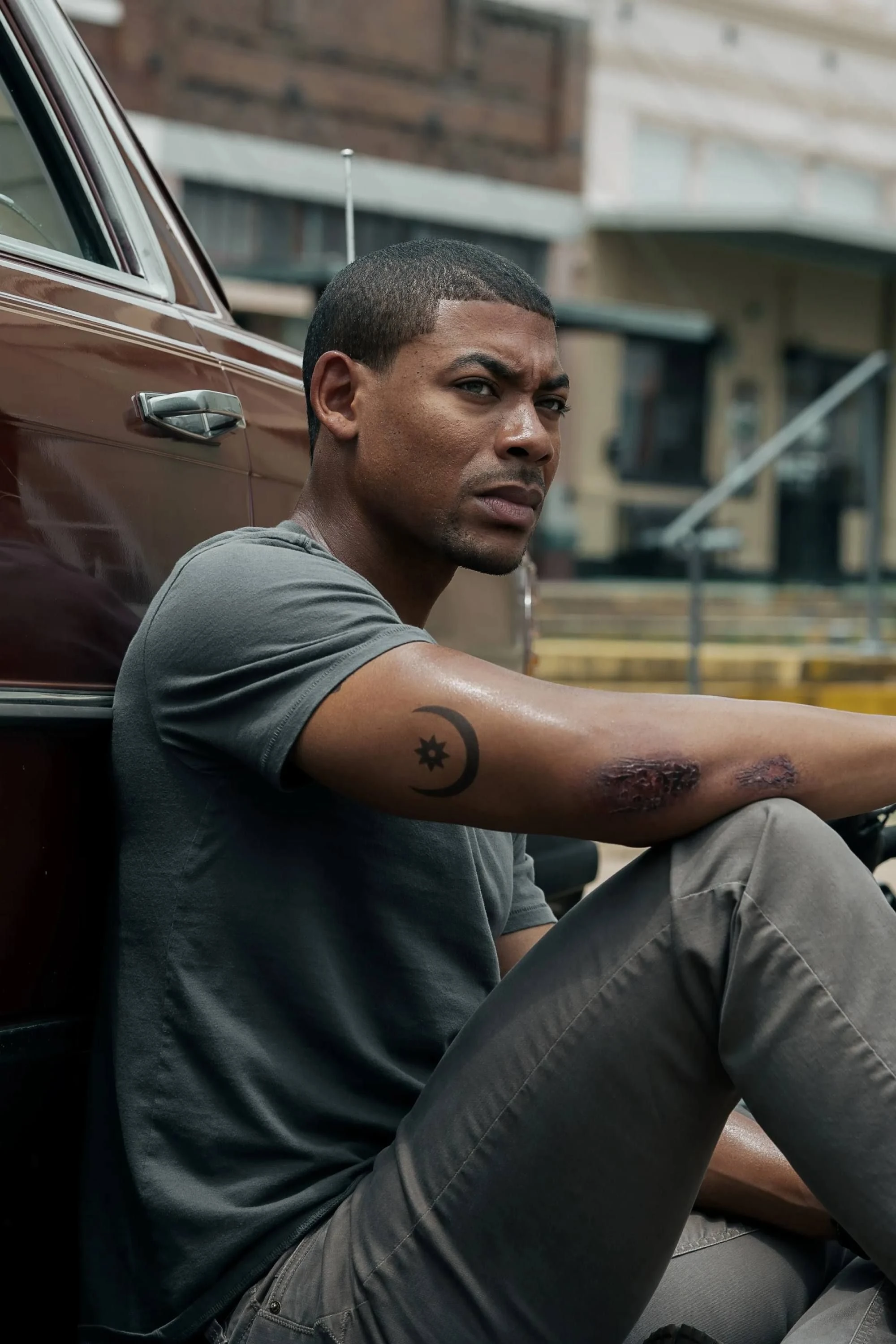
Rebel Ridge
Former Marine Terry Richmond travels to Shelby Springs to post bail for his cousin, only to find his savings unjustly seized by a corrupt local police force. With the help of court clerk Summer McBride, Terry uncovers a deep-seated conspiracy and vows to bring justice to the town.

